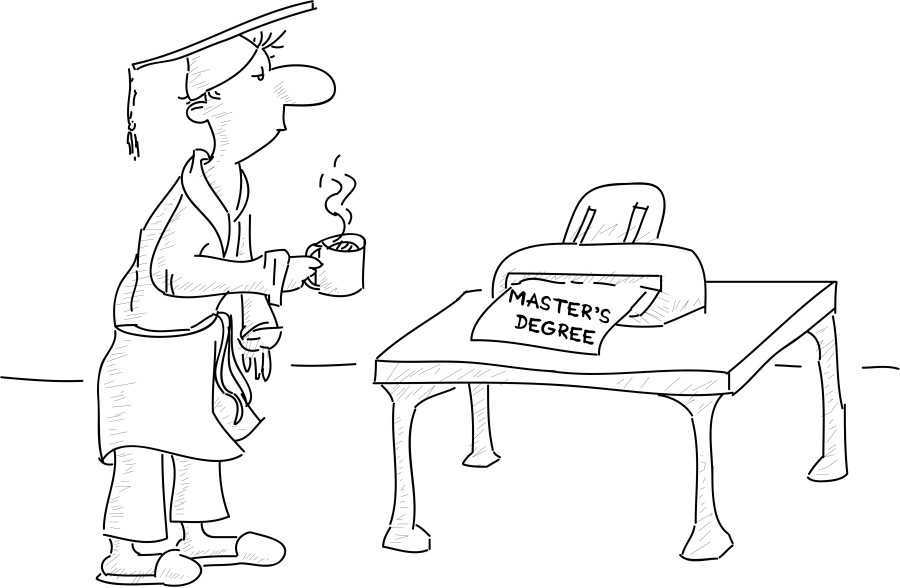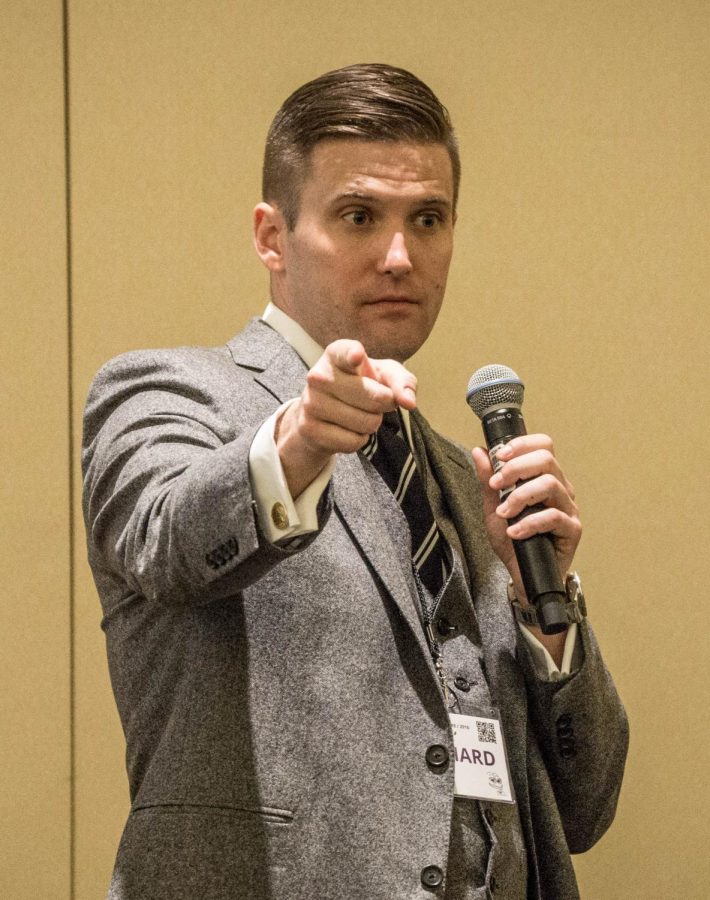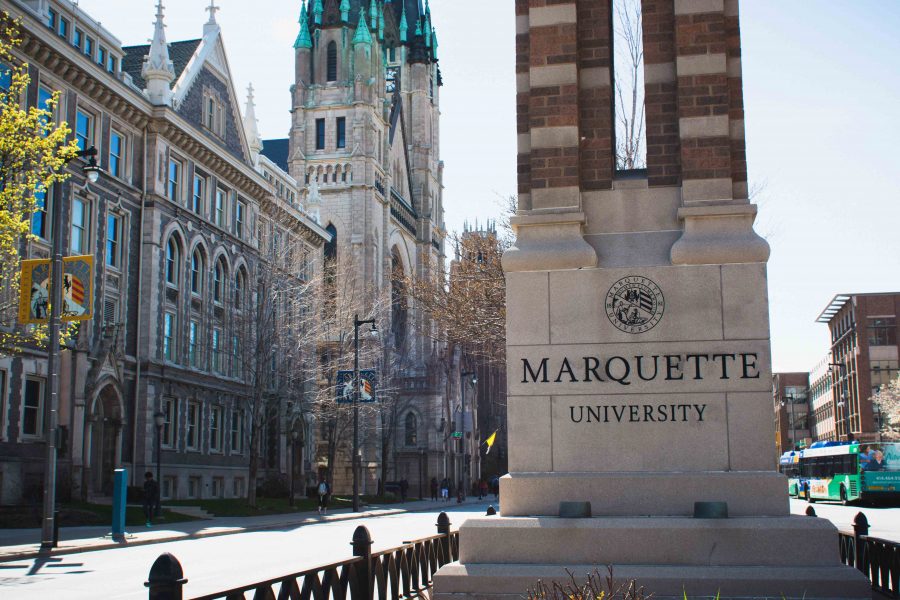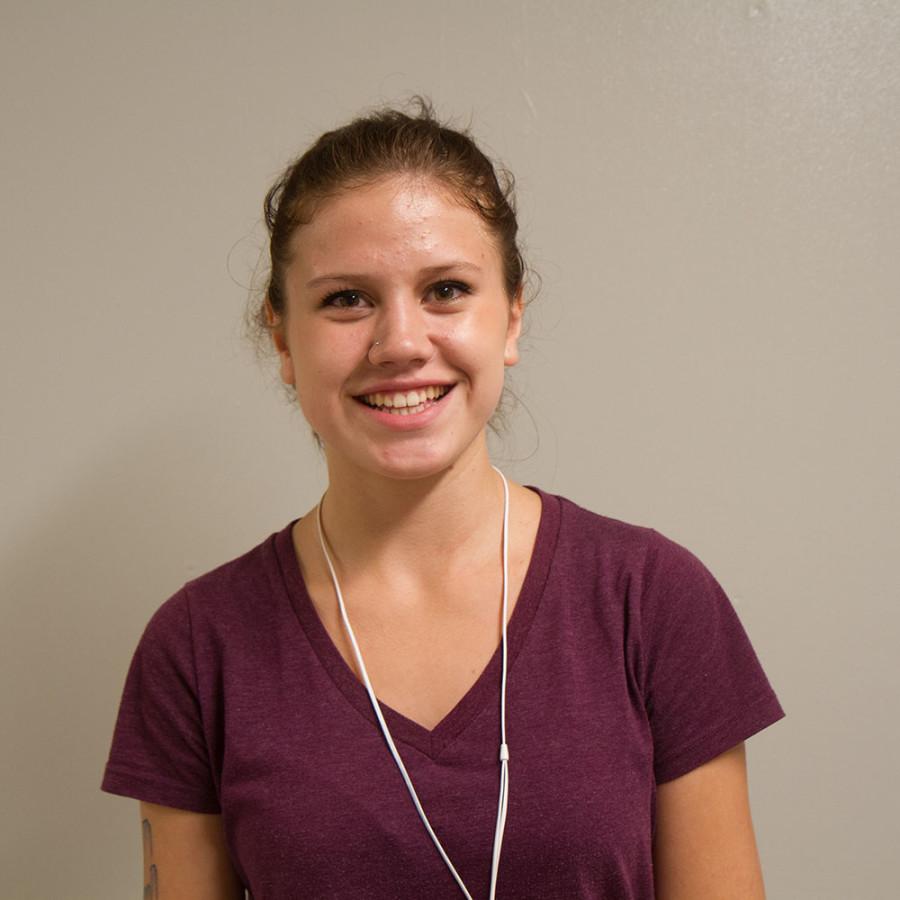New crowd-sourcing technology that integrates live large-scale lecture broadcasts and online class rosters, may soon become the new norm. More than 33 universities use this technology to reach hundreds of thousands of students through the web.
The online course provider Coursera has recently added other university partners, like the University of Texas, and began charging fees for certificates and proctored exams.
According to an article in the New York Times, Massive Open Online Courses are free classes that encompass basic learning practices like lectures and required readings but are administered online. In order to receive credit for these courses, students must pay block amounts, as they would when registering for a standard semester.
The courses are available to anyone with an Internet connection and enable professors to create online lectures and discussion forms. This frees up more time for one-on-one interaction for students since basic notes and information are administered online. This enables students with questions or needs to receive such help in the actual classroom.
Heidi Schweizer is the director of e-Learning at Marquette and oversees most university online coursework. She said she does not think online classes will replace lecture halls or face-to-face learning.
“I do see more students mixing and matching online courses with face-to-face courses,” Schweizer said. “The flexibility of an online course offers the non-traditional student (a growing number of students in higher ed) an attractive option to the challenges of time and place constraints face to face courses present.”
Flexibility seems to have attracted students to online courses. The technology gained popularity last year when Sebastian Thrun, a Stanford professor, offered a free artificial-intelligence course that reached more than 160,000 students in more than 190 nations.
Schweizer said more than 100 online or blended courses are offered at Marquette and that online Core of Common Studies classes are popular and tend to fill during the summer months.
“If an online course is well designed and well taught, it makes no difference if it is offered online or face-to-face,” she said.
Schweizer said undergraduate students seeking a traditional education must balance an online experience with in-person communication.
According to the New York Times article, experts are unsure how the technology will be perceived, but they are certain that its ability to reach broader audiences is unparalleled.
Schweizer said Marquette’s College of Education was “first in the marketplace” to offer an online graduate degree, but it no longer does. She said larger nationally recognized online programs may be of interest to the college in coming years.
If Marquette students wish to enroll in online classes through other institutions, Joyce Wolburg, the associate dean of the College of Communication, said most class credits will transfer as long as they meet certain criteria. The class must be taught at an accredited university and provide the right content, along with other factors.
Like Schweizer, Wolburg said the College of Communication’s online summer courses like Principles of Advertising and Introduction to Communication are in especially high demand.
Wolburg said online courses can be beneficial but may not be an across-the-board method of learning.
“For students who live (far away) or need to fit a course around their work schedule, this is a tremendous benefit,” Wolburg said. “On the other hand, online courses are not for everyone. Some students and some faculty like the traditional classroom environment better, so students have to find what works best for them.”
Wolburg said she is doubtful online classes will entirely replace traditional classes.
“There is something to be said for the person-to-person interaction between faculty and students and the opportunity to build relationships,” Wolburg said.







